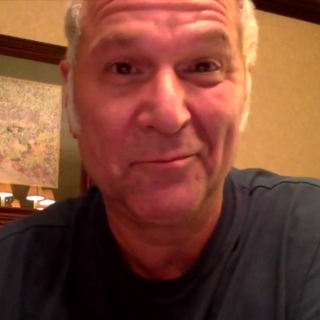A Quote by Asha Bhosle
When you don't know how to pronounce words, when you don't know the meaning of the words, how will you imbibe a song with feeling?
Related Quotes
One listens to a piece of great music, say, and feels deeply moved by it, and wants to put this feeling into words, but it can't be put into words. That's what - the music has already supplied the meaning, and words will just be superfluous after that. But it's that kind of verbal meaning that can't be verbalized that I try to get at in poetry.
Introducing a spelling test to a student by saying, 'Let's see how many words you know,' is different from saying, 'Let's see how many words you know already.' It is only one word, but the already suggests that any words the child knows are ahead of expectation and, most important, that there is nothing permanent about what is known and not known.
For we let our young men and women go out unarmed in a day when armor was never so necessary. By teaching them to read, we have left them at the mercy of the printed word. By the invention of the film and the radio, we have made certain that no aversion to reading shall secure them from the incessant battery of words, words, words. They do not know what the words mean; they do not know how to ward them off or blunt their edge or fling them back; they are prey to words in their emotions instead of being the masters of them in their intellects.
I've spent years studying words. Linguistics, language, the power of words, the power of phrases on human beings. All of that. It's part of my, almost obsessive, fascination. It turns out that there are some keys that we all need to know about how conversations impact us, because they do at a chemical level. There are certain things that if we learned this, it would totally change our interactions with others, and that's the following. There are certain words that have a feeling of, "I love you, I care for you, you're in my tribe."
A writer is a person who cares what words mean, what they say, how they say it. Writers know words are their way towards truth and freedom, and so they use them with care, with thought, with fear, with delight. By using words well they strengthen their souls. Story-tellers and poets spend their lives learning that skill and art of using words well. And their words make the souls of their readers stronger, brighter, deeper.
How can the unknown merit reverence? In other words how can you revere that of which you are ignorant? At the same time, it would be ridiculous to propose that what we know merits reverence. What we know merits any one of a number of things, but it stands to reason reverence isn't one of them. In other words, apart from the known and the unknown, what else is there?




































